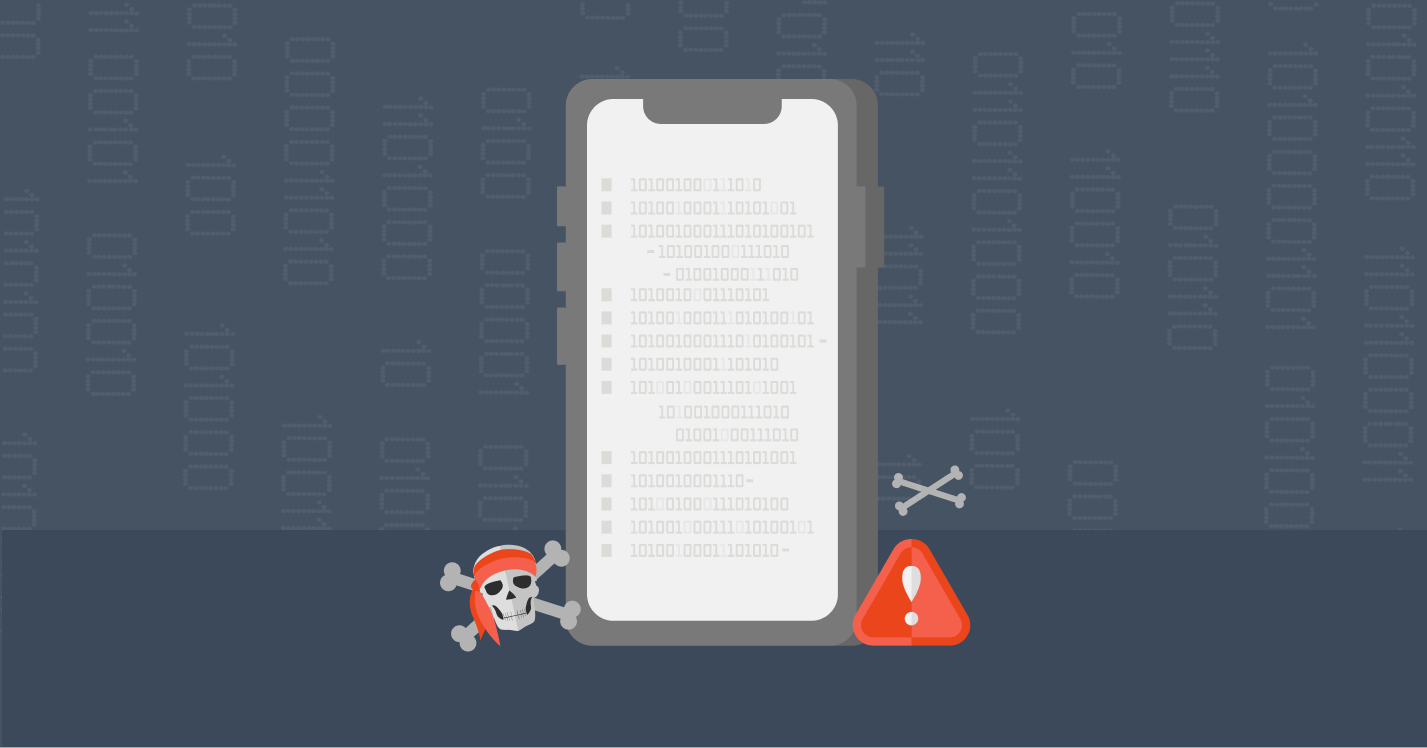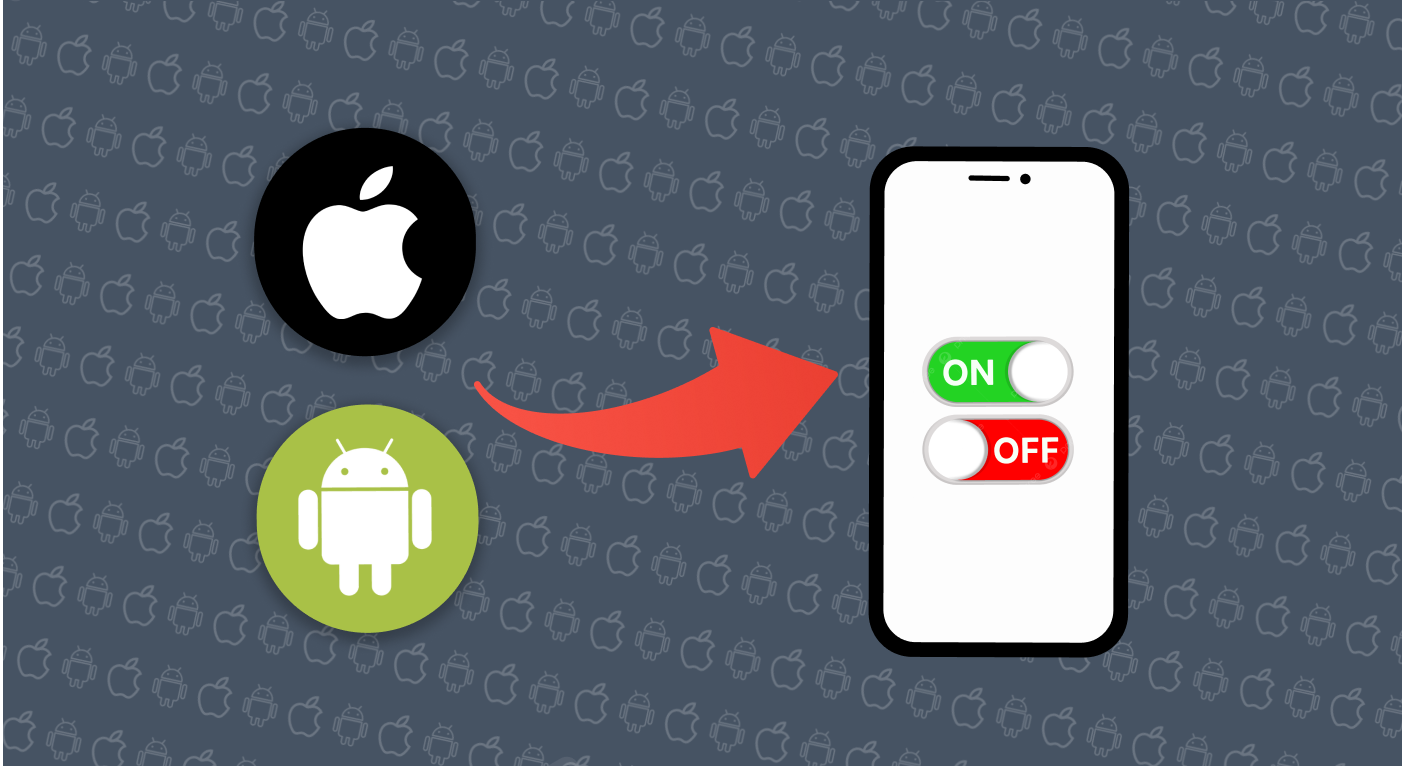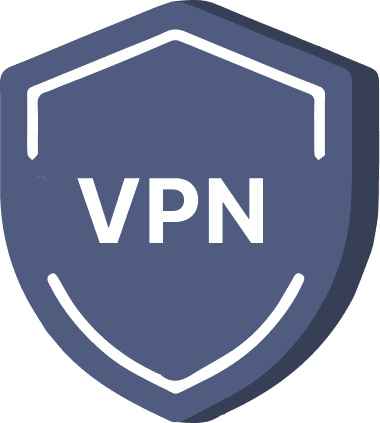
Virtual Private Networks (VPNs) are a great way to protect your online security and privacy. Therefore, it’s advised to always keep them on and connected while using your phone. However, as important as it is to use a VPN, there are times you might want to turn it off.
If you’re an iPhone user and don’t know how to disable your VPN, don’t worry; we’ve got you covered. In this article, we will discuss different ways to turn off your VPN from both your iPhone settings and the VPN provider’s app.
Why Would You Want to Disable Your iPhone’s VPN?
A VPN offers so many benefits. However, there are situations where you might want to turn it off temporarily. Let’s discuss these below:
1. Troubleshooting Your Internet Connection
If you’re experiencing problems while trying to connect to the internet, you may want to troubleshoot it. The process may require you to disconnect your VPN. Once you do it, you know whether the VPN is causing the problem or if there are other issues related to your network.
2. VPN Blocks on Certain Streaming Platforms
Some streaming services actively work to prevent VPN connections on their site. This is usually to enforce the restrictions and bans on certain regional content.
While reliable VPN services often find workarounds for websites that block VPNs, some platforms may take extra measures to block access to them completely.
3. Public Wi-Fi Usage
When using public Wi-Fi, you might come across captive portals or agreements with terms of service that you must acknowledge before you can gain access. In such cases, you might need to disconnect your VPN for the time being to interact with the portals without interference.
4. Low Phone Battery
VPNs use additional processing power, which drains your iPhone’s battery. If your battery is running low and you’re not able to recharge it in that moment, you might want to switch off your VPN to conserve battery life and prolong the device’s performance.
5. Accessing Location-based Services
A high-quality VPN conceals your IP address and enables you to connect to servers in other countries and geographic regions where you’re not physically present. However, disabling your VPN is necessary if you want to access content or services specifically tailored to your current location.
For example, if you’re connected to a VPN in Germany while you’re in the US, the food delivery or ride-booking apps near you might not work. You can only access these services once you turn off your VPN.
6. Weak Wi-Fi Connectivity
Slow internet makes it hard to get any work done. If your private Wi-Fi signal is not strong or disables quite often, you can try disconnecting your iPhone VPN. This can help you gain a more reliable and stable connection. You can always reconnect once your connection is stronger.
How to Disable VPN on iPhone: 2 Different Ways
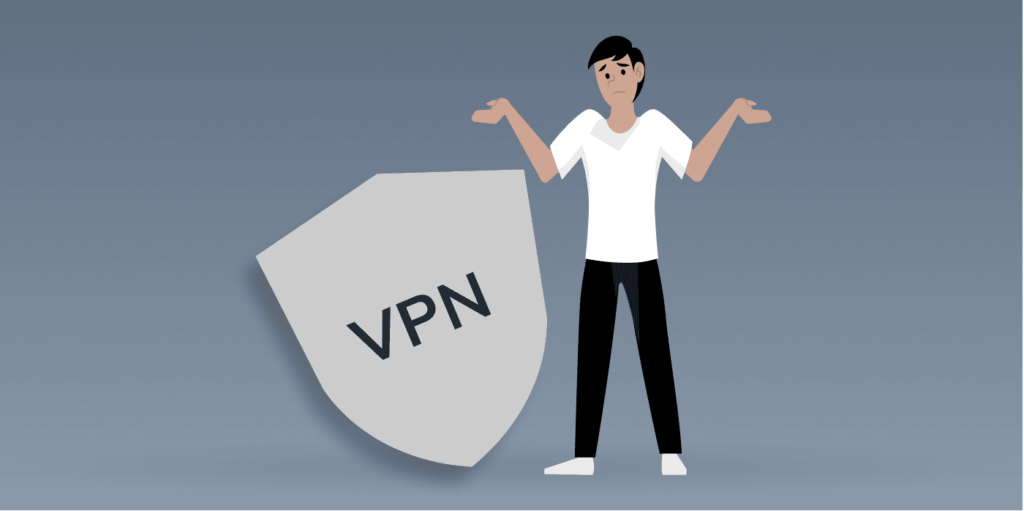
Whether you’re trying to switch off the VPN on iPhone 11, 13, or 15, the procedure is straightforward and pretty much the same. There are two methods you can use. Either turn it off directly from the app itself or disable it through your iPhone settings.
1. Using the VPN app
This first approach is simple. Just follow the steps below:
- Find and open the VPN service app to which you’re currently subscribed.
- You should immediately see an ‘On’ or ‘Connected’ button on the app’s interface. Tap on the button to disable it.
- Once you click on it, the button will change to ‘Off’ or ‘Disconnected,’ meaning your VPN has been disconnected successfully.
2. From Your iPhone Settings
- Go to your iPhone Settings.
- Scroll until you find General Settings. Click on it to reveal a drop-down menu.
- Search for VPN and Device Management on the menu and tap on it.
- From there, select VPN. If the VPN is on and active, its status will be Connected on your iPhone.
- To disable the VPN, click the toggle switch next to its status. Once tapped, the status will revert back to ‘Not Connected.’
How to Turn VPN Off on Android

Chances are, you’re an Android user who stumbled on this guide looking to resolve the issue of turning your VPN off. Well, don’t leave yet. Here’s how you can disable the VPN on your Android in three simple steps:
- Navigate to Settings on your Android phone.
- Click on Network & Internet and then VPN.
- To turn it off, click on the toggle button next to your VPN.
My VPN Won’t Turn Off on My iPhone: What Can I Do?
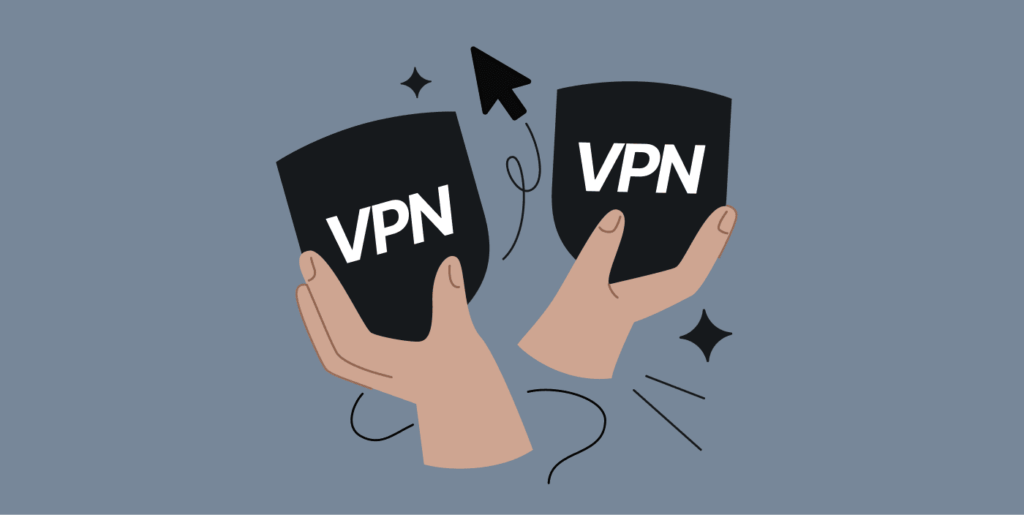
There are two common reasons you might be unable to deactivate your VPN. Let’s discuss both and know what you should do if you’re facing the same dilemma.
- Your VPN is set to auto-connect: Many users often complain that their iPhone VPN keeps turning on even after they switch it off. Well, most VPN services have this setting that lets them connect automatically whenever users connect to a new network. If this setting is currently enabled, turning it off is crucial before you can disconnect the VPN manually. You can simply disable the feature by going to Settings from your iPhone, searching for VPN and Device Management, clicking the small ⓘ icon beside your VPN, and toggling off the Connect on Demand Switch.
- The VPN has a problem: If you try the first approach and it still doesn’t work, it’s likely that there’s an internal issue with the VPN app that’s affecting its performance and preventing you from turning it off. One solution could be uninstalling and reinstalling the application. If it doesn’t help, a suitable solution is to say goodbye to your current VPN service and opt for a better VPN like ExtremeVPN.
How to Uninstall the VPN on Your iPhone
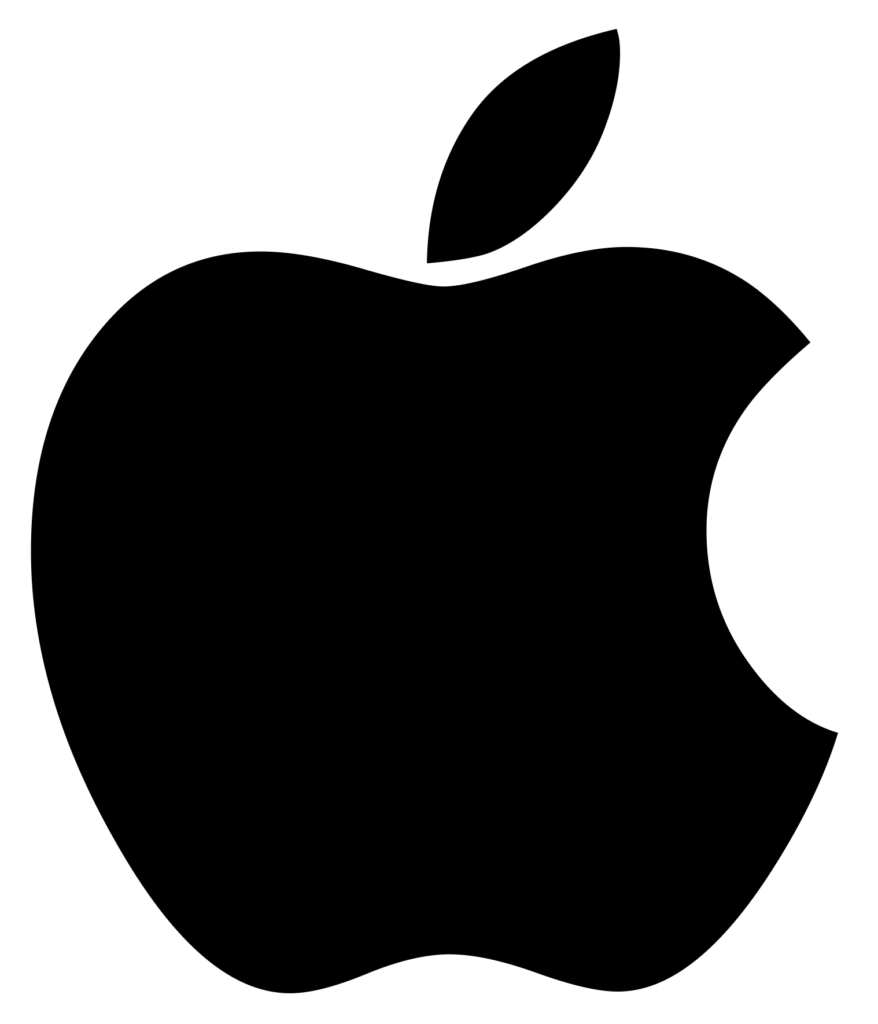
While we won’t advise you to uninstall your VPN for security reasons, there are situations that might call for it. For instance, if the app keeps acting up, you can decide to uninstall and then reinstall it. There are two simple ways:
Through the App itself:
- Look for the VPN app from your phone’s home screen.
- Long press the VPN app’s icon until a menu shows up.
- Click on Remove App to delete it permanently.
Through your iPhone settings:
- Unlock your iPhone and go to Settings.
- From there, go to General and then VPN and Device Management.
- Select the VPN you wish to delete and click on Delete VPN.
- Click on Delete once more to confirm your decision. It’s that simple.
It’s worth mentioning that once you delete the VPN on your iPhone, your IP address and internet traffic don’t remain protected anymore. Without a VPN, your internet service provider (ISP) and some other third parties can track your online activities.
They might access data revealing the websites you frequently visit and the information you send and receive. If you care about protecting your digital privacy, delete or disconnect from your VPN only when you’re sure you’re in a safe space.
Why it’s a Bad Idea to Disable Your iPhone’s VPN
If you’re an Apple enthusiast, you probably rejoiced at the thought of not having to worry about “computer viruses” anymore. Maybe it’s been ages since you even uttered those words.
Apple goes above and beyond to shield its customers from this common threat. They’ve installed strong security features deeply into both their hardware and software design. However, this doesn’t mean you should let your guard down when it comes to ensuring your security. While Apple products are impressive, they’re not 100% flawless.
Sure, Apple takes measures to encrypt your data while storing and transmitting it to iCloud. iMessage ensures your messages are encrypted when communicating with friends.
However, what about the other activities you perform on your iPhone? Your personal information isn’t entirely secure when logging into your accounts, browsing the web, or streaming shows.
As Apple devices gain popularity, cybercriminals also continuously explore new tricks to infiltrate them. Even a Apple’s software head acknowledged the serious challenge of malware, particularly on MacBooks.
Hence, by using a VPN, you’re giving yourself extra protection against cyber attacks that Apple products may lack.
Risks of Disabling the iPhone VPN
Here are the risks you might face if you turn off your phone’s VPN. All these highlight why and how a VPN is necessary for your daily life activities.
- Government surveillance: Without the protection of a VPN, it becomes easier for the government to spy on your online activities and possibly impose website restrictions on your account.
- Reduced online privacy: One of the best perks of a VPN is the privacy and anonymity it offers. If you disable it, your ISP and other unwanted snoops can easily see your website and internet traffic.
- Exposed IP address: If you stop using a VPN, know that the sites and platforms you visit can see your real IP address. Wondering how can someone use your IP address? Well, those who have it can easily track your location, target you with ads, and even reveal your identity in some cases.
- Content unavailability: Some online content may be unavailable to you because of regional blocks or bans. A top-notch VPN like ExtremeVPN can easily help you bypass such restrictions and stream any of your desired content easily.
- Increased threats on Public Wi-Fi: Public Wi-Fis are generally insecure, which is why we always recommend using only private Wi-Fi to access the internet. If you must connect to a public Wi-Fi, do so with a VPN.
- Lack of HTTPS encryption: Not every website online today uses HTTPS encryption. So, if you visit an unsecured website without protection, criminals can potentially intercept your personal data.
- Online transaction risks: Completing financial transactions online without using a VPN can be risky, as unwanted third parties may try to intercept your data. Be cautious when using online shopping or banking platforms because they usually have your personal data and credit card information.
- Exposure on peer-to-peer (P2P) networks: File-sharing P2P networks can also expose your IP address. This might compromise your online identity, as others in the P2P network can potentially track you.
- Internet speed throttling: Certain ISPs can throttle your internet speed for activities like gaming or streaming that require high bandwidth. This can significantly affect your online experience. Meanwhile, it wouldn’t be an issue if you use a VPN with unlimited bandwidth, as they offer the fastest internet speeds to enjoy your gaming or streaming.
